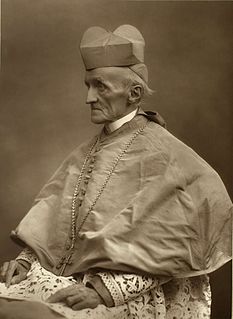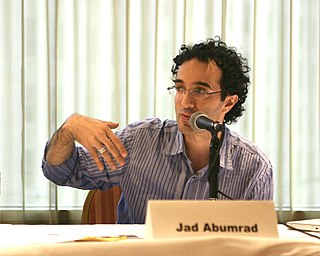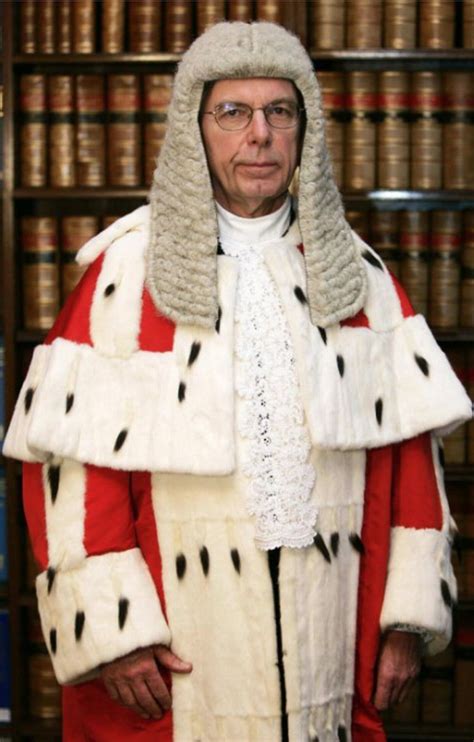A Quote by Charles Horton Cooley
When one has come to accept a certain course as duty he has a pleasant sense of relief and of lifted responsibility, even if the course involves pain and renunciation. It is like obedience to some external authority; any clear way, though it lead to death, is mentally preferable to the tangle of uncertainty.
Related Quotes
While it is tempting to believe that you are the victim of certain people or forces beyond your control, A Course in Miracles teaches you to recognize that you are not a victim. Through the grace of God, you are lifted above and beyond any forces-internal or external-that threaten to limit you. Knowing you're not a victim is a major form of personal empowerment.
For some reason, that I can’t really explain, at the beginning of Radiolab, it always felt like life or death. Even though it was just a radio show. Even though no one was listening. And I am not quite sure why… but it may have to do with that radical uncertainty you feel when you are trying to work without a template.
The modern susceptibility to conformity and obedience to authority indicates that the truth endorsed by authority is likely to be accepted as such by a majority of people, who are innately obedient to authority. This obedience-truth will then become a consensus-truth accepted by many individuals unable to stand alone against the majority. In this way, the truth promulgated by the propaganda system - however irrational - stands a good chance of becoming the consensus, and may come to seem self-evident common sense.
That's the thing I want to make clear about depression: It's got nothing at all to do with life. In the course of life, there is sadness and pain and sorrow, all of which, in their right time and season, are normal-unpleasant, but normal. Depression is an altogether different zone because it involves a complete absence: absence of affect, absence of feeling, absence of response, absence of interest. The pain you feel in the course of a major clinical depression is an attempt on nature's part (nature, after all, abhors a vacuum) to fill up the empty space.
I never have held death in contempt, though in the course of my explorations I have oftentimes felt that to meet one's fate on a noble mountain, or in the heart of a glacier, would be blessed as compared with death from disease, or from some shabby lowland accident. But the best death, quick and crystal-pure, set so glaringly open before us, is hard enough to face, even though we feel gratefully sure that we have already had happiness enough for a dozen lives.
People are always talking about freedom. Freedom to live a certain way, without being kicked around. Course the more you live a certain way, the less it feel like freedom. Me, uhm, I can change during the course of a day. I wake and I'm one person, when I go to sleep I know for certain I'm somebody else. I don't know who I am most of the time.
Yes, over the centuries economic progress has reduced some gross disparities - modern Americans are relatively unlikely to simply starve to death (though it can happen), so in that sense the gap between rich and poor has narrowed. But the question isn't whether society is, in some sense, more equal than it was in 1900. It's whether it is radically more unequal than it was in 1970. And of course it is.
Have you ever experienced a pain so sharp in your heart that it's all you can do to take a breath? It's a pain you wouldn't wish on your worst enemy; you wouldn't want to pass it on to anyone else for fear he or she might not be able to bear it. It's the pain of being betrayed by a person with whom you've fallen in love. It's not as serious as death, but it feels a whole lot like it, and as I've come to learn, pain is pain any way you slice it.






































